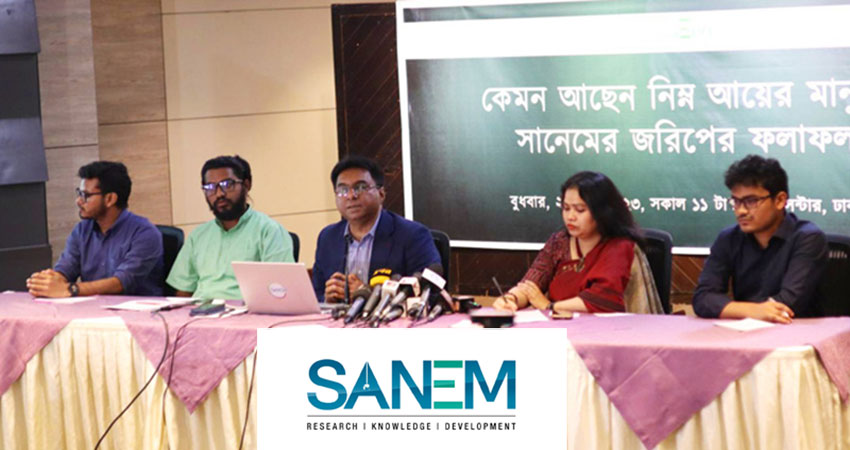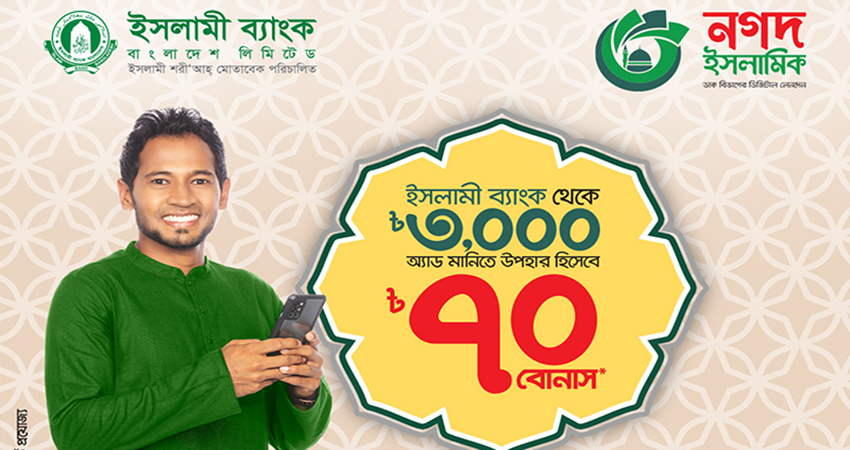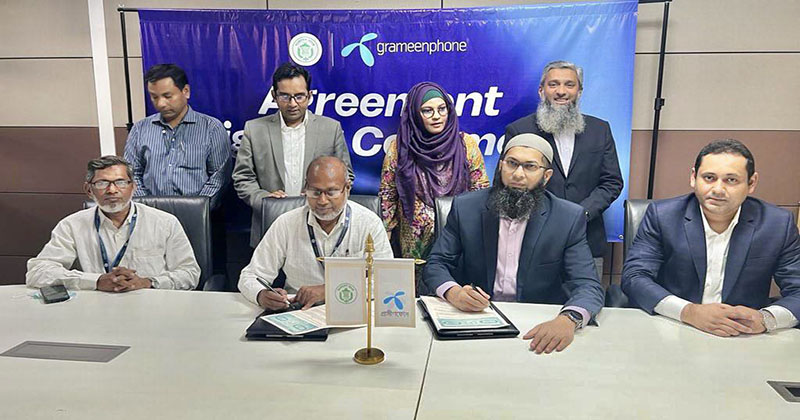As inflation bites in, around 37% of low-income families said they sometimes have to skip a meal, said a survey by the South Asian Network on Economic Modeling (Sanem) today.
Releasing the survey report at a press conference held at the BRAC Centre in the capital on Wednesday (29 March), it said 71% of families who participated in the study think that they are eating less food than they need.
The rising costs were further compounded by a decrease in income, it added.
The research organisation conducted the survey from 9-18 March of this year among 1,600 households across the country.
According to the survey, the monthly average income of these 1,600 families decreased by Tk5 to Tk14,025 in the last six months. But the cost increased by 13% to Tk 14,569.
Food prices increased by 17%.
The increase in prices have forced 74% of low-income families to borrow.
"We could tell how low-income earners are doing even without the survey. However, this is an attempt to present the issues to the policymakers as a matter of professional responsibility," SANEM Executive Director Selim Raihan said at the press conference.
According to Sanem's research, low-income earners feel the pressure of inflation more than the government estimates.
"We know that prices of various things, including fuel, have increased globally. There are some problems in the country's market system. Meanwhile, the local currency has depreciated. Overall, inflationary pressures are high now," Selim Raihan added.
He said global problems were not the only reason for high inflation.
"Internal economic mismanagement is also responsible. There are imperfections in the market management of our country. We have seen the influence of traders in the last few months. The government should be strict in controlling these influential businessmen. The market should be regulated with the help of business organisations," the Sanem executive director said.
According to the Sanem survey, low-income earners have significantly reduced their spending on non-food products, particularly on clothing, education and health.
Urban households are cutting back on food, while village households are cutting back more on non-food items, it added.
"Many have taken loans as a way to get by under the circumstances. However, the interest rate on these loans is very high. These people can fall into the vicious cycle of interest," Sanem Research Director Dr Sayema Haque Bidisha said.
"In our country, insurance benefits are less. Especially in health and education, these people will invest less. Overall, these issues will set back the SDG goals. Today's discussion is about food security," she added.
The survey states that 40% of the families who participated are covered by the government's social security programme. Most of them are Trading Corporation of Bangladesh (TCB) card holders. However, the TCB is more active in the urban area than rural.
In response to the question whether the government initiative is enough, most respondents said it was not.



















